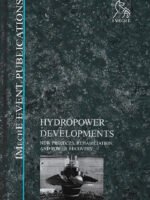Title 29 of the Code of Federal Regulations (CFR), also known as CFR Title 29, encompasses regulations pertaining to labor issues in the United States. Administered by the Department of Labor (DOL), this title is pivotal in establishing and enforcing labor standards, ensuring workplace safety, promoting fair employment practices, and regulating employee benefits across various industries and sectors.
Key areas covered within Title 29 CFR include:
- Labor Standards: Regulations governing minimum wage, overtime pay, child labor restrictions, equal employment opportunity, and workplace nondiscrimination. These standards are essential for ensuring fair compensation and treatment of workers.
- Occupational Safety and Health: Guidelines enforced by the Occupational Safety and Health Administration (OSHA) to maintain safe and healthful working conditions. This includes regulations on hazard communication, personal protective equipment, and workplace safety training.
- Employee Benefits: Regulations concerning health insurance benefits, retirement plans governed by the Employee Retirement Income Security Act (ERISA), unemployment compensation, and workers’ compensation. These provisions aim to safeguard employees’ financial security and well-being.
- Labor Relations: Rules pertaining to collective bargaining, union organizing and elections, unfair labor practices, and the rights of workers under the National Labor Relations Act (NLRA). These regulations are crucial for maintaining equitable labor relations and protecting workers’ rights to organize.









Be the first to review “Code of Federal Regulations, Title 29 Labor/OSHA 0-99, Revised as of July 1, 2023”